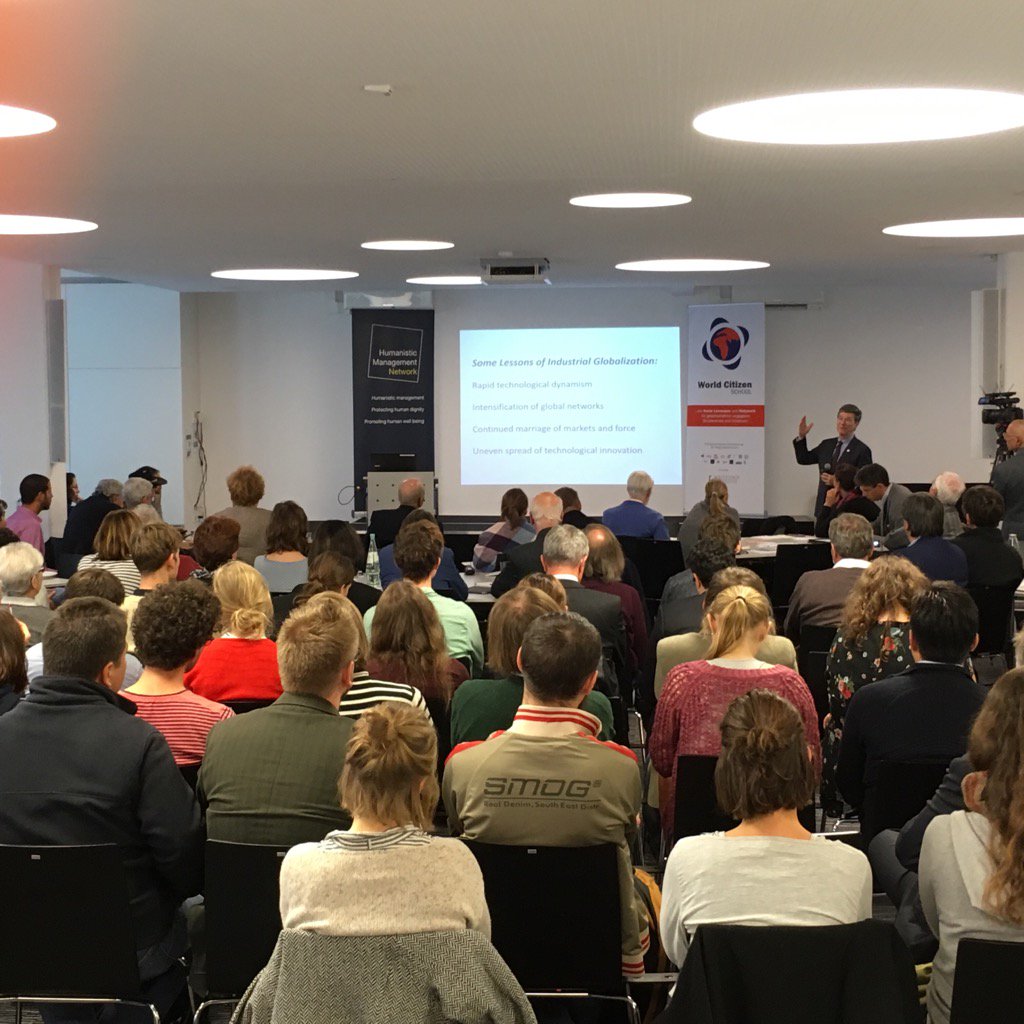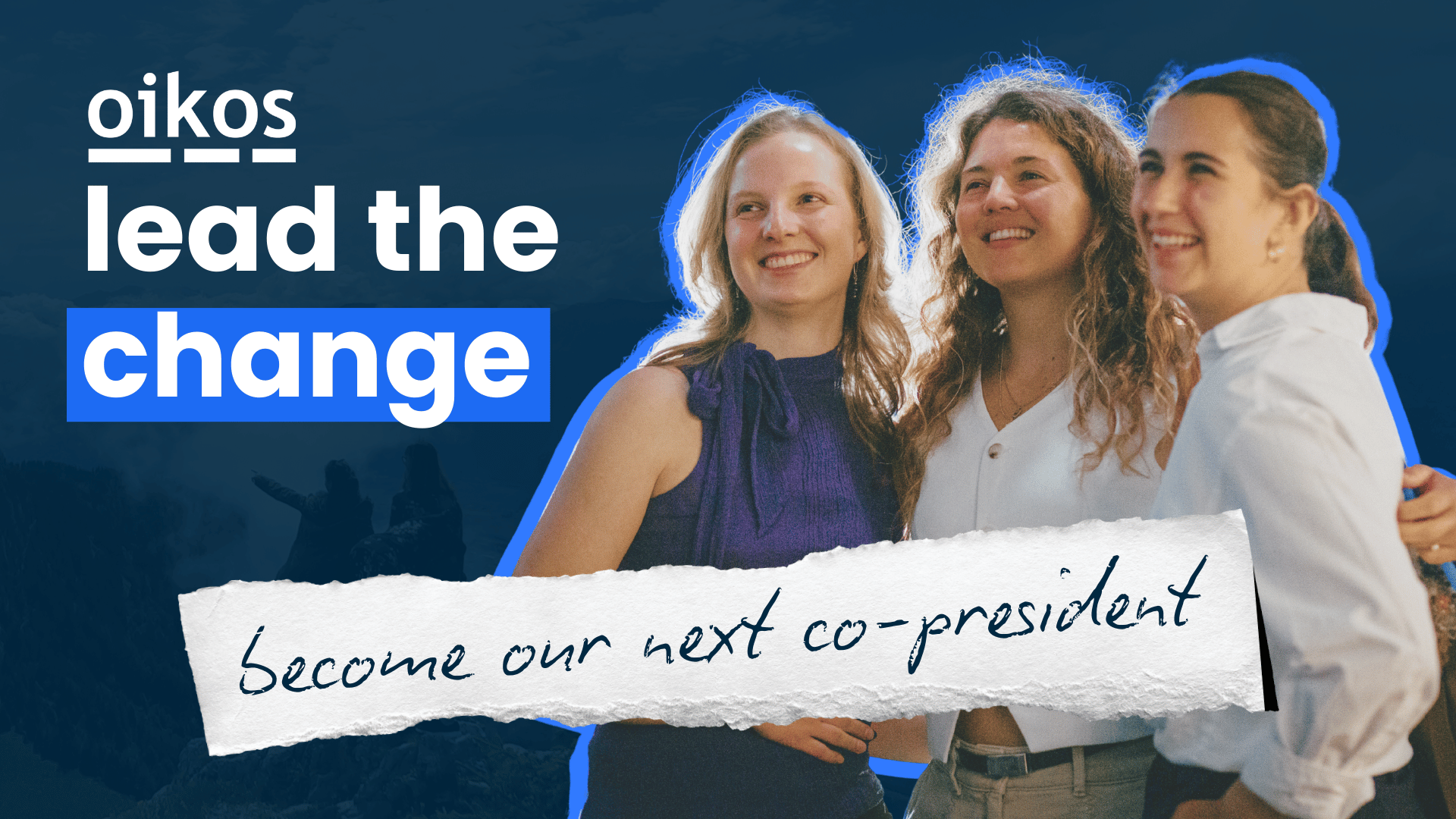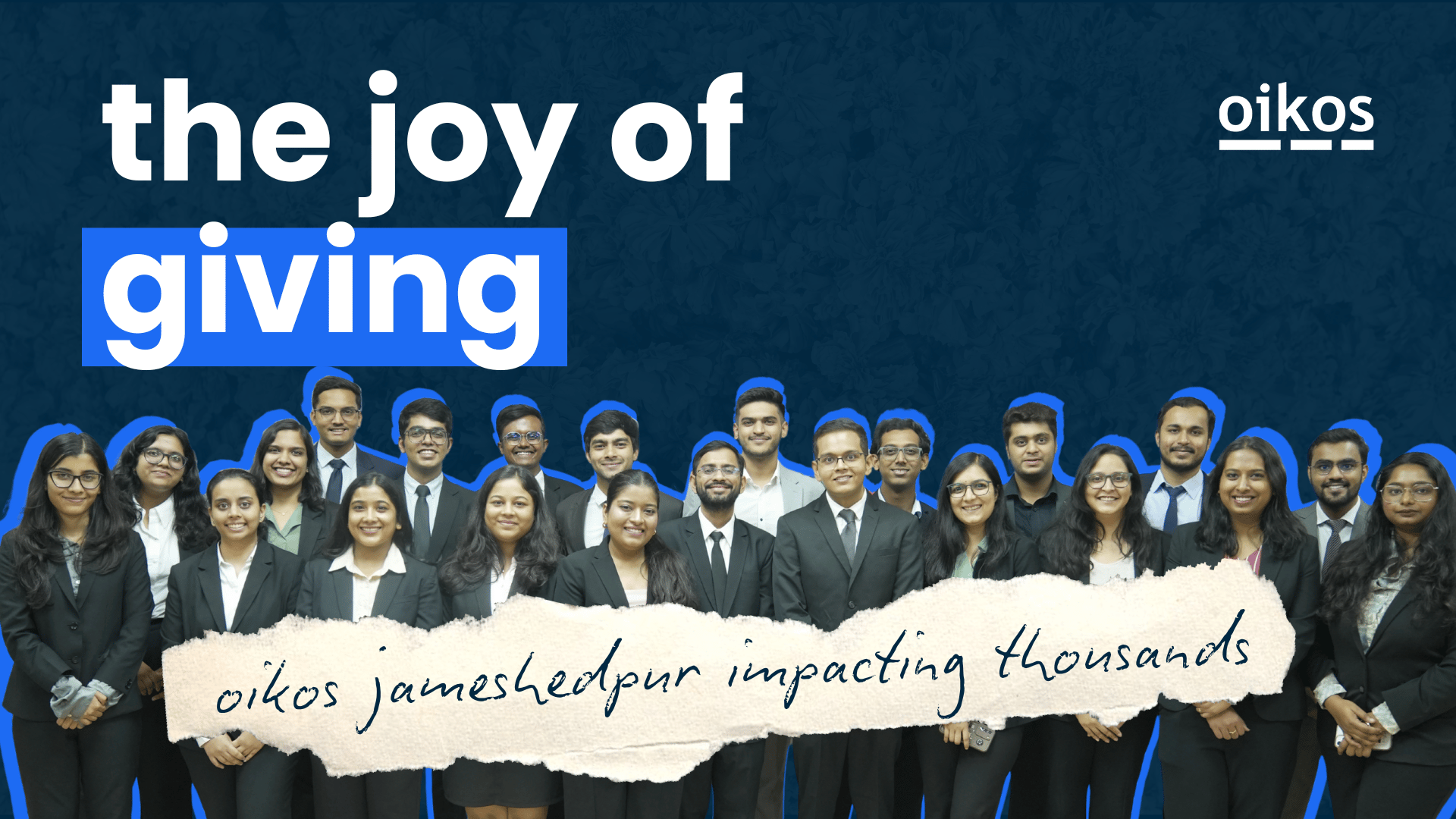
“The rules of the game need to change. Current management and business education are promoting an economy that works not for 100 % of humanity, but only for the top 1 %.”
This was the underlying tune of the Humanistic Management Conference that took place on October 13th and 14th, with more than 60 passionate people from around the world. The conference was organized by the Humanistic Management Network in cooperation with the hosting institution, the Weltethos-Institut in Tübingen, Germany. Part of the organizing committee was oikos Alumnus and now Professor for Management Systems, Michael Pirson (Fordham University, New York).
To change the rules of the economy, members of the Network had founded the Consortium “Leading for Well-Being”. For more than a year, the consortium had co-created a memorandum draft, named the “Meadows Memorandum” after the pioneering environmentalist Donella Meadows, which laid out the pathway to a new economic paradigm. And it was up to the participants of this conference to add their diverse perspective to this draft.
On the first day the Weltethos-Institute’s director, Claus Dierksmeier, began with a keynote on the concept of “Qualitative Freedom”. Opposed to the notion that freedom could be measured quantitatively, reflected in the number of viable options whilst ignoring the qualitative features of these options, qualitative freedom takes into account that some freedoms can be of greater importance than others – say the freedom to elect political leaders over the freedom to drive as fast as one wants. Dierksmeier summed up his concept by reminding the audience that in terms of freedoms it should not be “the more, the better”, but rather “the better, the more”. Three panels gave insights of how an economy that works for virtually everyone – a rather lofty thought – could be conceived, both in academia and in practice.
In workshops spanning the two days, the participants – including a range of student representatives from different initiatives (amongst them ISIPE, VivaConAgua and the Economy of the Common Good Network) – worked on the memorandum draft.
On the afternoon of the second day it was time for the second keynote. Jeffrey D. Sachs, Director of the Earth Institute at Columbia University and Senior Advisor to the UN and the Secretary General, took the time to address the assembly on “Globalization – in the Name of which freedom?”. Sachs started with a comprehensive look back into the history of globalization to amplify the role that growth and trade played in the incredible rise of humanity. But he also stressed that with the benefits that a selected group of people had received from trade came also the responsibility to now spread the positive effects of growth and trade more evenly and justly. For Sachs, the era of growth is clearly not over, but its potential should be solely directed towards development, empowerment and to further human capabilities in regions of dire poverty. He wished for more concerted efforts in a systematic framework as opposed to programs with limited spatial and temporal scope.
Sachs’ speech, both bound to reality and full of urgency and optimism, was the final note to an extremely insightful conference, for which we would like to thank the Humanistic Management and the Weltethos-Institut.
See more of what occurred by following the Weltethos-Institute’s Twitter account.




